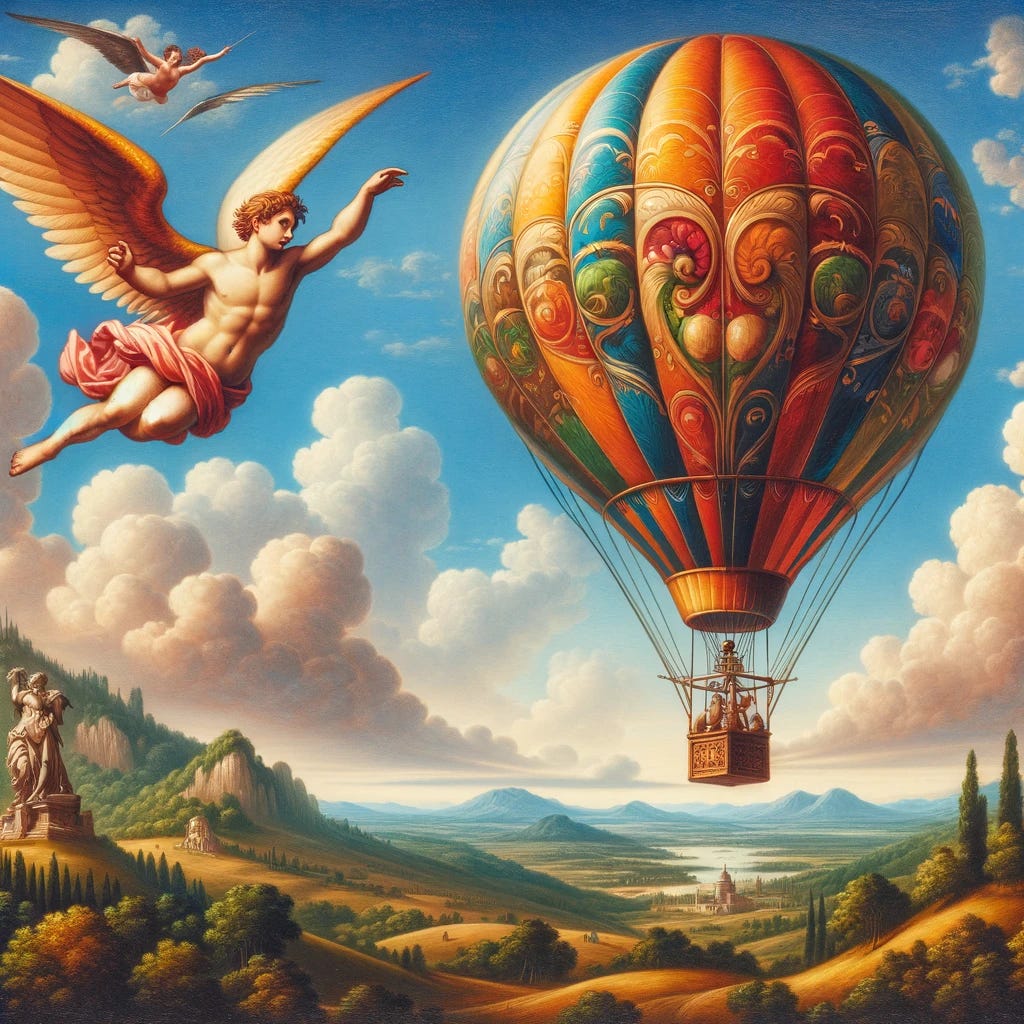While Freedom is Unknown, Tyranny is InfiniteIn the concept of cosmic realism, freedom is defined as the ability to accomplish something beyond human capacity. This isn't about transforming humans into an Übermensch, but rather exceeding the typical limits of pre-sapient humanity. The tyranny of the universe, or material reality, imposes limitations on us. We are weak, fragile, and once we evolved from apes on the African savannas, we cannot revert to that state. Our civilization's only path is to fulfill our historical mandate as the first sapient organisms of the cosmos.
"Man is born free, but everywhere he is in chains."Humans are born free, but each step we take reveals new chains. At home, we recognize the power of our superiors who can limit our potential. In time, we understand death—not as an abstract concept, but as an eventual reality for everyone. As humans develop, we perceive abstract concepts: why do leaves fall and birds fly, yet there is no spring after our death, and our souls are bound by gravity? The violet hue of cosmic purple, a color so rare it does not exist on Earth, symbolizes the passage of time and the fleeting nature of life.
Understanding what it means to be human and our place in society and the cosmos is essential for grasping the meaning of freedom. Limiting factors that throttle our destiny—both short-term and long-term—are the dead, gold-choking hands of fate. This tyranny of the universe is something we endure from birth, assuming we survive infancy. To fly under the violet hue of true outer space represents ultimate liberation, a dream shared from Icarus to Jules Verne. As we move beyond ignorance into an age of scientific discovery, our ambitions grow, and the tyranny of reality becomes more apparent. Ignorance means being numb to our limitations, enslaved by death, famine, disease, and oppression.
Embracing the greater unknown is a quest for more freedom and a confrontation with ever-expanding tyranny. Cosmic realism isn't a reaction to romanticism or liberal fantasies of egalitarian societies but an acceptance of our limitations and the factors that constrain us. It neither involves subservience to colonial powers nor the silent fantasy of patriarchal suppression. Just as Greek statues represent artistic ideals, the fate of the models and artists becomes irrelevant as history progresses.
Where do one’s rights end and another’s begin?There is no clear dividing line between rights and freedom. While artists can justify murder, conquest, and destruction, the human drive to exceed our limited freedoms under any social or natural constraints remains. There will always be conquerors expanding their empires by infringing on others' freedom, leading to cries for liberation. However, only through careful negotiation and force can societies be created and maintained long-term. For individuals, cases of oppression and tyranny are ubiquitous. Some might justify this as the natural order or necessary sacrifices for the next stage of human liberation. However, historically, this is a pattern that predates written history and has no end. The powerful will extend their freedom beyond many people's comfort zones, and even the most powerful quarterback is weak in the cosmic backdrop.
Concept:
Cosmic Realism: A philosophical perspective that views human freedom and limitations within the vast, often unforgiving context of the universe.
Übermensch: A concept from Nietzsche, describing an ideal superior human. Here, it refers to the idea of surpassing human limits, not just physical transformation.
Sapience: Wisdom or intelligence; the ability to think and reason.
Infant Mortality Lottery: A metaphorical expression indicating the chance of surviving infancy, emphasizing the fragility of life.
Icarus and Jules Verne: Mythological and literary figures representing the human aspiration to transcend earthly bounds.
Patriarchal Suppression: The systematic subjugation of women by male-dominated structures.
References:
Nietzsche, F. (1883). Thus Spoke Zarathustra.
Verne, J. (1865). From the Earth to the Moon.
Rousseau, J.-J. (1762). The Social Contract.




